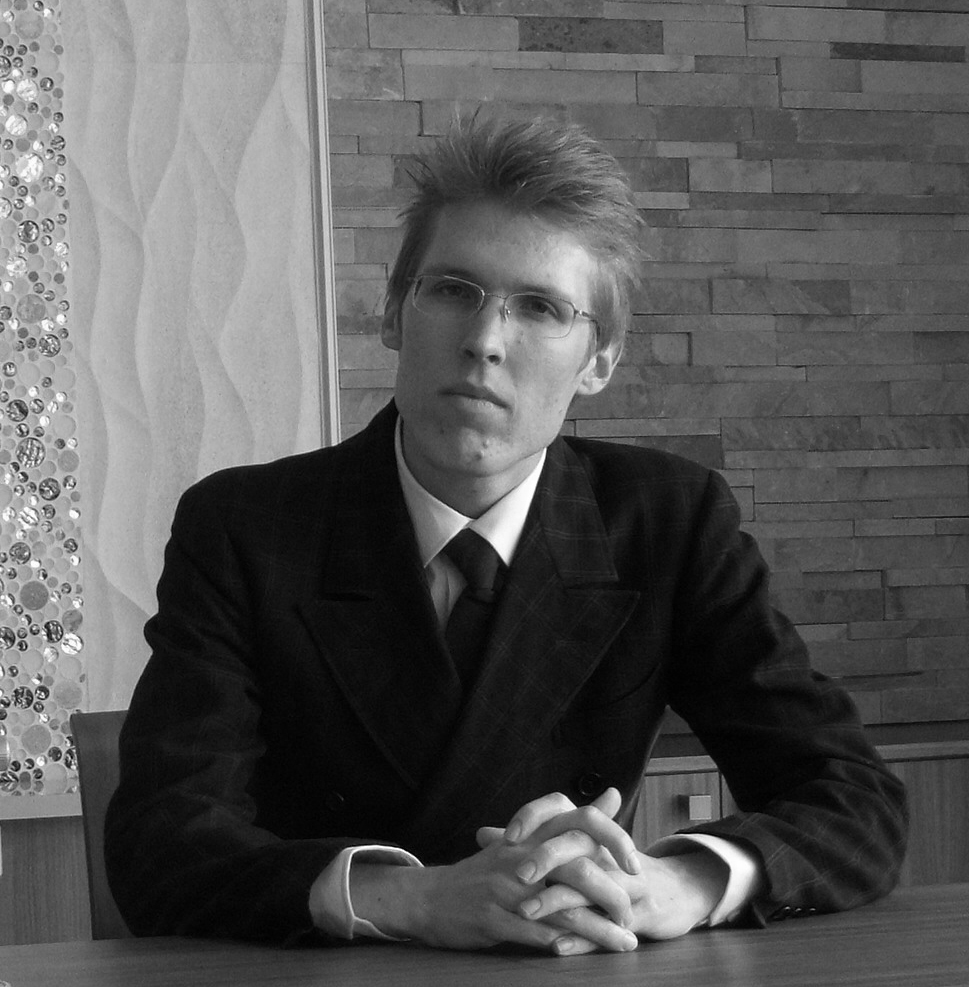

Dr. Marc Voss shared their story and experiences with us recently and you can find our conversation below.
Marc, a huge thanks to you for investing the time to share your wisdom with those who are seeking it. We think it’s so important for us to share stories with our neighbors, friends and community because knowledge multiples when we share with each other. Let’s jump in: What is something outside of work that is bringing you joy lately?
Making and performing music remains one of my most important non-work related activities. It is, perhaps, not so surprising that composing and playing songs is a lot of fun, but as much as I enjoy making new music with my band mates and performing them in front of an audience, I also take solace in practicing so as to become a better player. In a world where our attention span is decreasing, I find that the sometimes monotonous routines of practicing drums can help me maintain deeper focus and attention. Having a fun way to work on deep focus has its own rewards, and it is one that can be overlooked when compared to the other cool aspects of being a musician.
Lately, my band, Android Superstation, has been releasing singles off of our second album, which makes practicing even more of a thing to look forward to, especially as we begin seeking to play live shows again. Overall, I would say I am very lucky to have this band because my band mates are like a second family to me, and they have been very supportive of my contributions to our compositions beyond the drum parts. I couldn’t have hoped for a more amazing group to be on this musical journey with.
Can you briefly introduce yourself and share what makes you or your brand unique?
I am the founder and executive director of Regimes Museum, and am also a university professor and researcher. Regimes Museum can be best understood as an interdisciplinary effort to spread awareness about tyranny and dictatorship and the importance of preserving human rights. I founded this institution with the goal of making this research accessible to anyone who wishes to learn about human rights issues. I wanted to do something that bridges the gap between academia and the public, something that is scholarly and thoroughly researched, but still useful to people of all walks of life.
I think we have come a long way in doing just that. Our exhibitions, conferences, experiential learning programs, and open-access publications are all ways in which practically everyone, regardless of age or educational background, can engage with this difficult, yet important topic. At the same time, students and professional researchers frequently utilize our archive and publication opportunities.
While there are many wonderful museums out there that cover related topics (such as military equipment and tactics, specific wars, or genocide), Regimes Museum is the only one that specifically studies and provides educational learning opportunities about the underlying phenomenon that causes armed conflicts, mass murder, and other humanitarian crises and crimes. Though we’re still a small, all-volunteer organization with minimal resources, we have achieved some amazing things over the last ten years. We have hosted exhibitions, lectures and panel discussions, and learning games at several colleges and universities, and have collaborated with other local museums like the Nixon Presidential Library and the General Patton Museum. We ultimately aim to become the preeminent think tank/museum/archive/educational institution on this topic, helping society learn about tyranny in a way that helps prevent human tragedies like dictatorships from happening again.
Our next event is our Annual Scholarly Conference on Tyranny, which we are holding at University of California, Irvine on September 27, 2025. We are dedicating this year’s conference to José Daniel Ferrer García, who has spent decades advocating for human rights in Cuba. In his honor, this event focuses on the theme of “Dissidence and Political Action in the 20th and 21st Centuries.” Like all of our programs, this conference is free and open to the public. Our RM Press is also releasing a book, called “Arrested and Detested,” that tells the true story of an American who was detained by the Stasi in East Berlin. We don’t have any in-person exhibitions running at the moment, but there are two virtual exhibitions on our website as well.
Thanks for sharing that. Would love to go back in time and hear about how your past might have impacted who you are today. What’s a moment that really shaped how you see the world?
It’s hard to pinpoint a single moment – there have been so many. One that comes to mind is the day my third-grade teacher told me that what we had learned about history in second grade was false. I remember being very confused and upset: what was the point of embellishing the past if they were just going to teach it again but differently? I felt like I had been bamboozled by the system and by those I was supposed to look up to. Now, as an adult and an educator, I understand why it was done that way, but at the time, it seriously impacted how I viewed people in positions of power. Moments like that taught me that everyone has their own ways of seeing the world, and that there are discrepancies between the ideal and the real. I suppose, given my field of study, this was a good lesson to learn.
What did suffering teach you that success never could?
The phrase “adversity builds character” comes to mind. You have to develop a frame of mind when dealing with problems that can allow you to learn from it and grow stronger. For example, I was bullied in the past. Despite having to suffer through it, I gained insights that I may have otherwise not attained: that my bullies were themselves suffering, and had not developed a healthy way of coping with their own pain.
I believe that pain is something we will all have to experience. It is part of what makes us human. It can help us develop introspection, coping mechanisms, and resilience. I try to use adversity as an opportunity for reflection, growth, and self care. If you let it, adversity can help build a positive outlook on life and act as a building block for future success.
Sure, so let’s go deeper into your values and how you think. What’s a belief or project you’re committed to, no matter how long it takes?
Regimes Museum is a project that I will continue to grow no matter what. I believe that everyone needs to know how tyranny works so that we can try to make it obsolete together. It’s an endeavor that will likely never end and will always be of timely significance regardless of the era we live in. There’s so much more to this answer than I can describe in a single interview, but I would say that this is my life’s mission, even if it sounds naive and impossible. All I can do is try, and anyone willing to join me on this journey is welcome!
Sometimes, I feel like I’ve picked the most difficult industries to find success in. Then again, I think anything worth doing isn’t going to be easy and that the journey is as important as the destination. Museums, especially small ones in the U.S. like ours, are incredibly difficult to make financially successful. I’ve read that about 80% of a nonprofit museum’s funding comes from only a small handful of donors, and many of the museums/archives die once their founder is gone. I hope this won’t be the case for Regimes Museum, but finding the funding to carry on our mission has admittedly been a challenge. That’s why we cherish each and every supporter, no matter how small the contribution. It’s a sign that we’re doing our job well. We hope that there are like-minded individuals who read this and wish to become part of our story too! Every little bit counts, and we couldn’t be more grateful for our supporters’ time, effort, and care.
Before we go, we’d love to hear your thoughts on some longer-run, legacy type questions. What do you think people will most misunderstand about your legacy?
When you study evil for a living, people who don’t know you very well may make some snap assumptions about you that aren’t true. This can cause people to misunderstand why I study what I do, and what the museum is all about. My efforts – and, by extension, the museum’s – are intended to denounce tyranny. We are not glorifying or condoning these societies, but rather trying to learn from them, to prevent societies from making these mistakes again.
Contact Info:
- Website: https://www.regimesmuseum.org/
- Instagram: https://www.instagram.com/regimesmuseum/
- Facebook: https://www.facebook.com/regimesmuseum/
- Youtube: https://www.youtube.com/@regimesmuseum8648
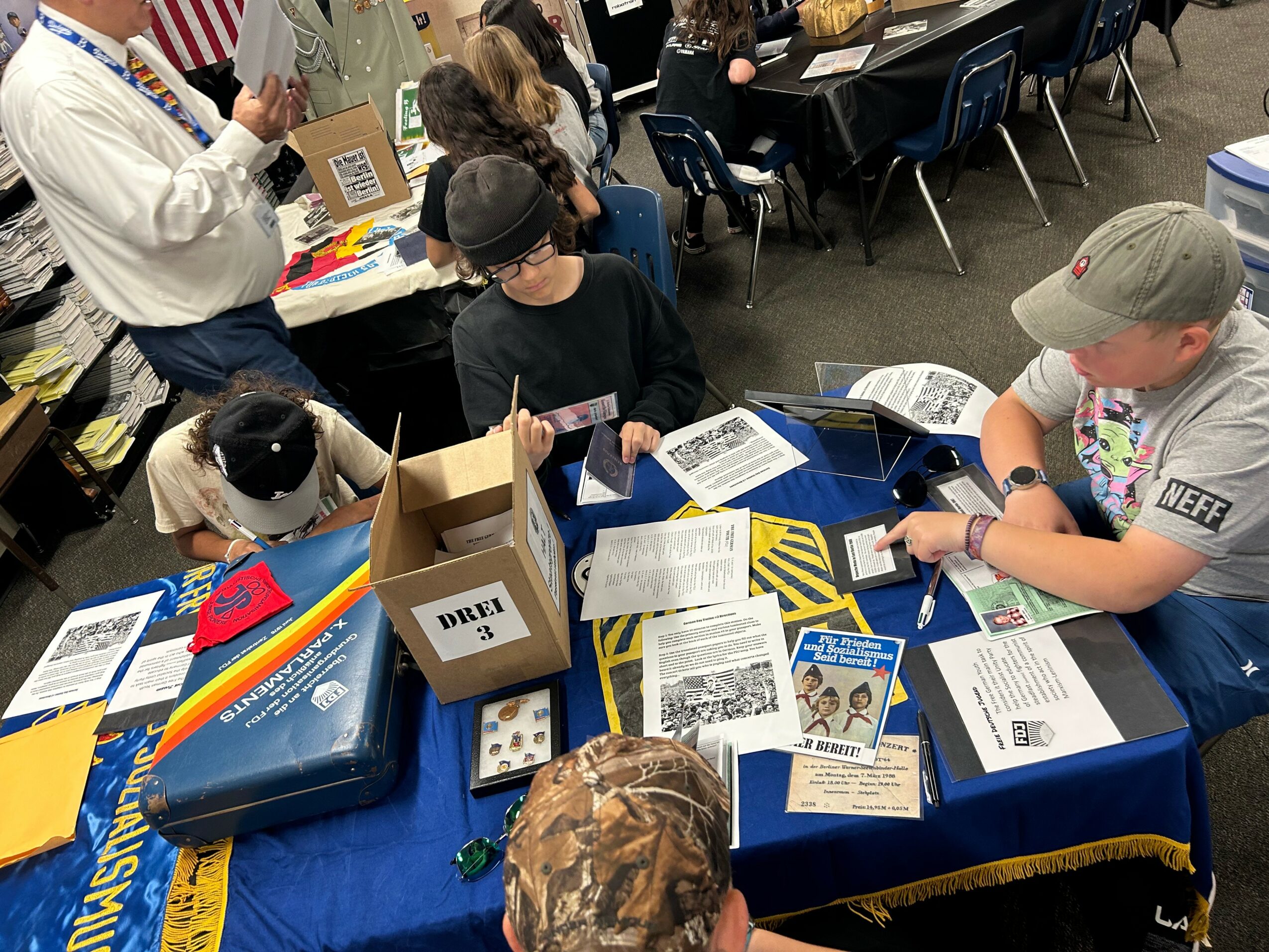
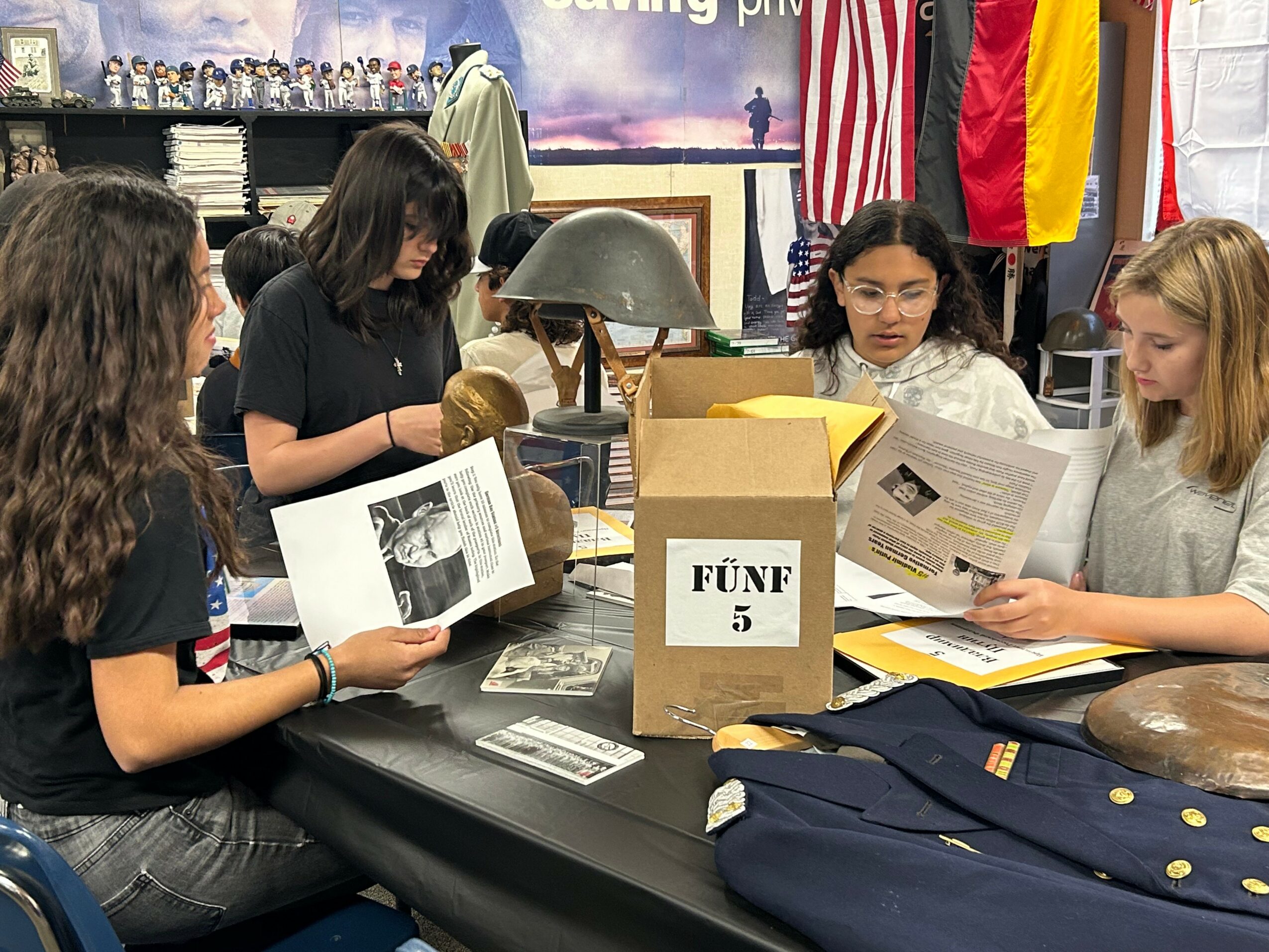
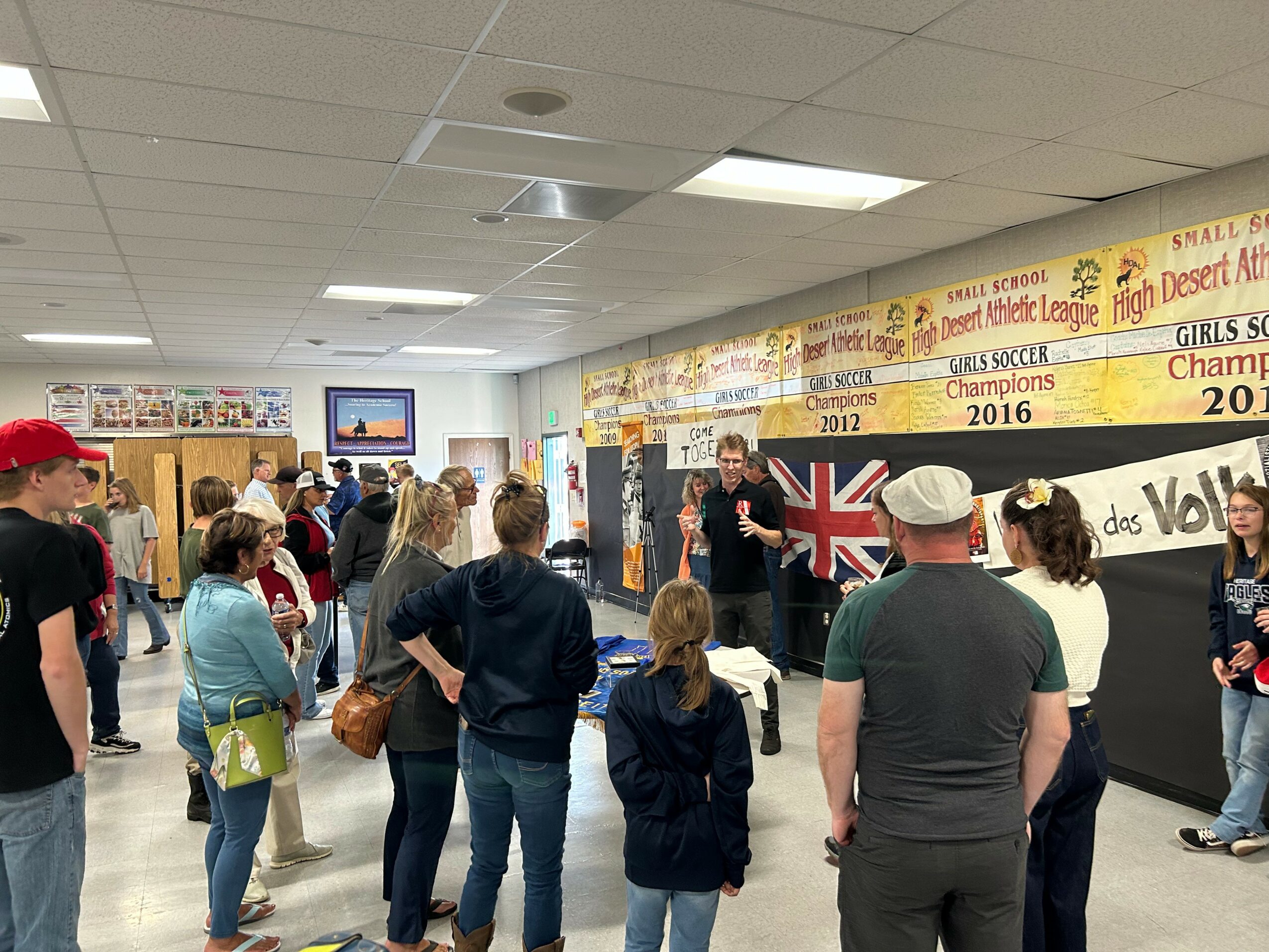
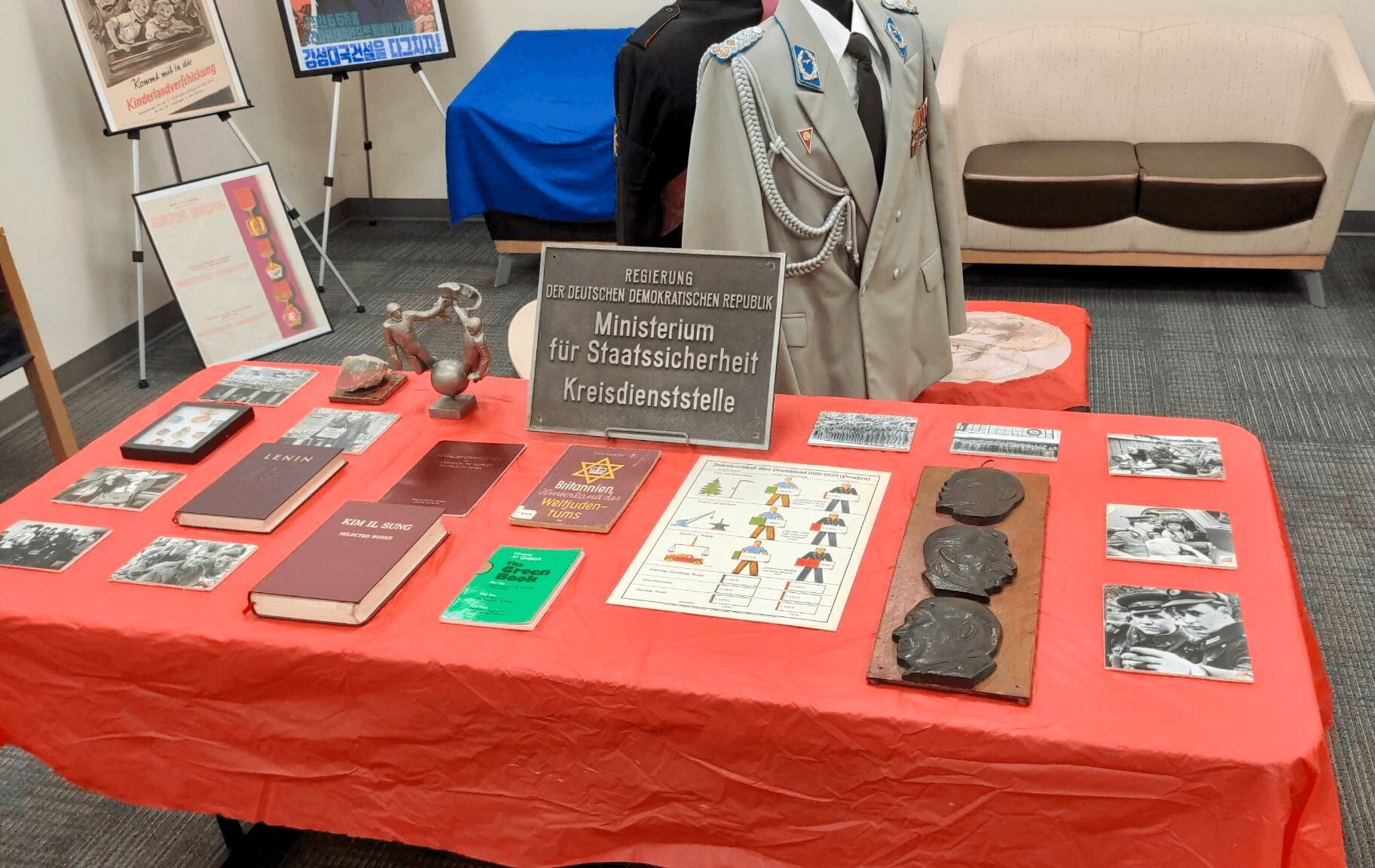
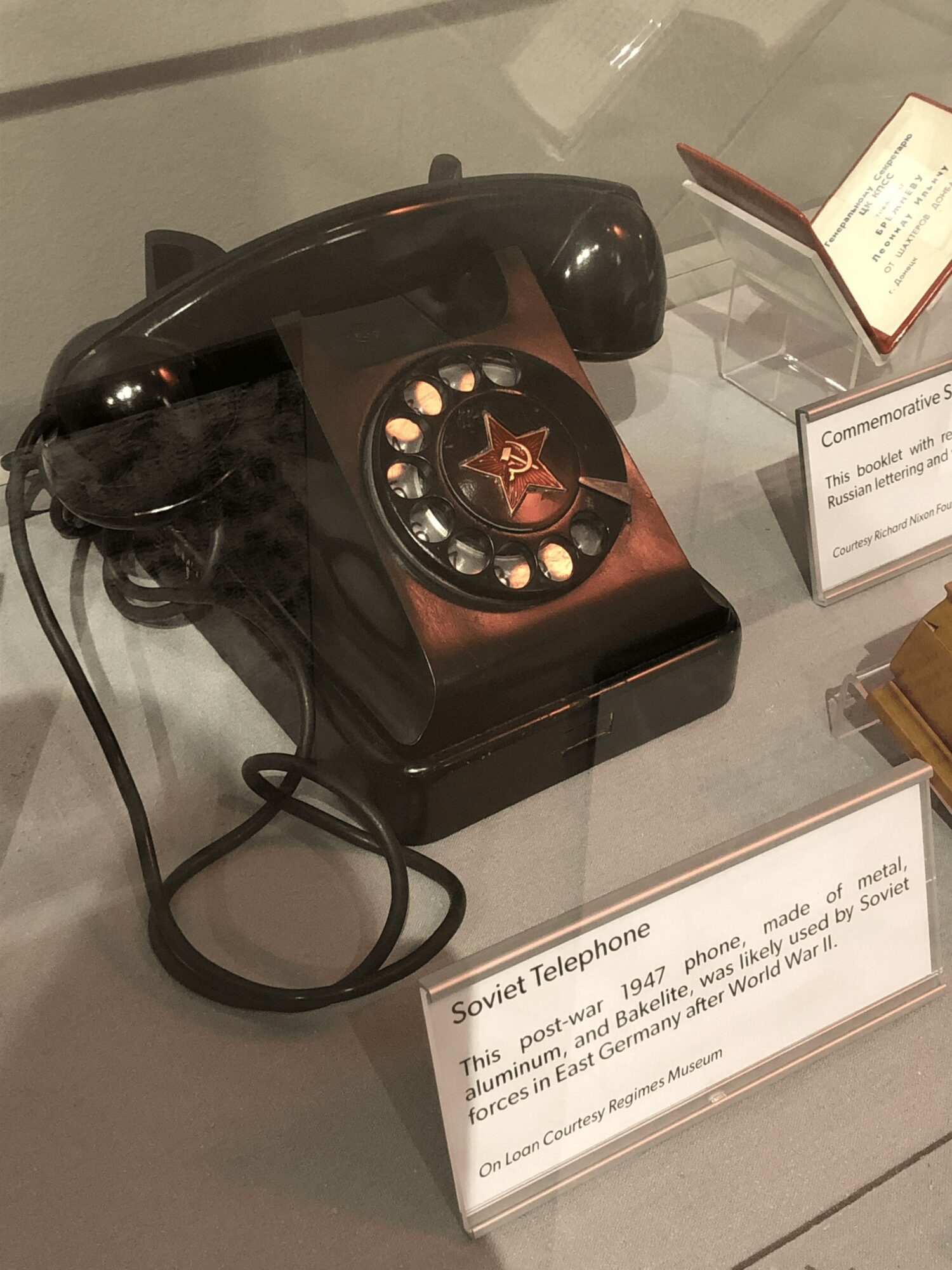
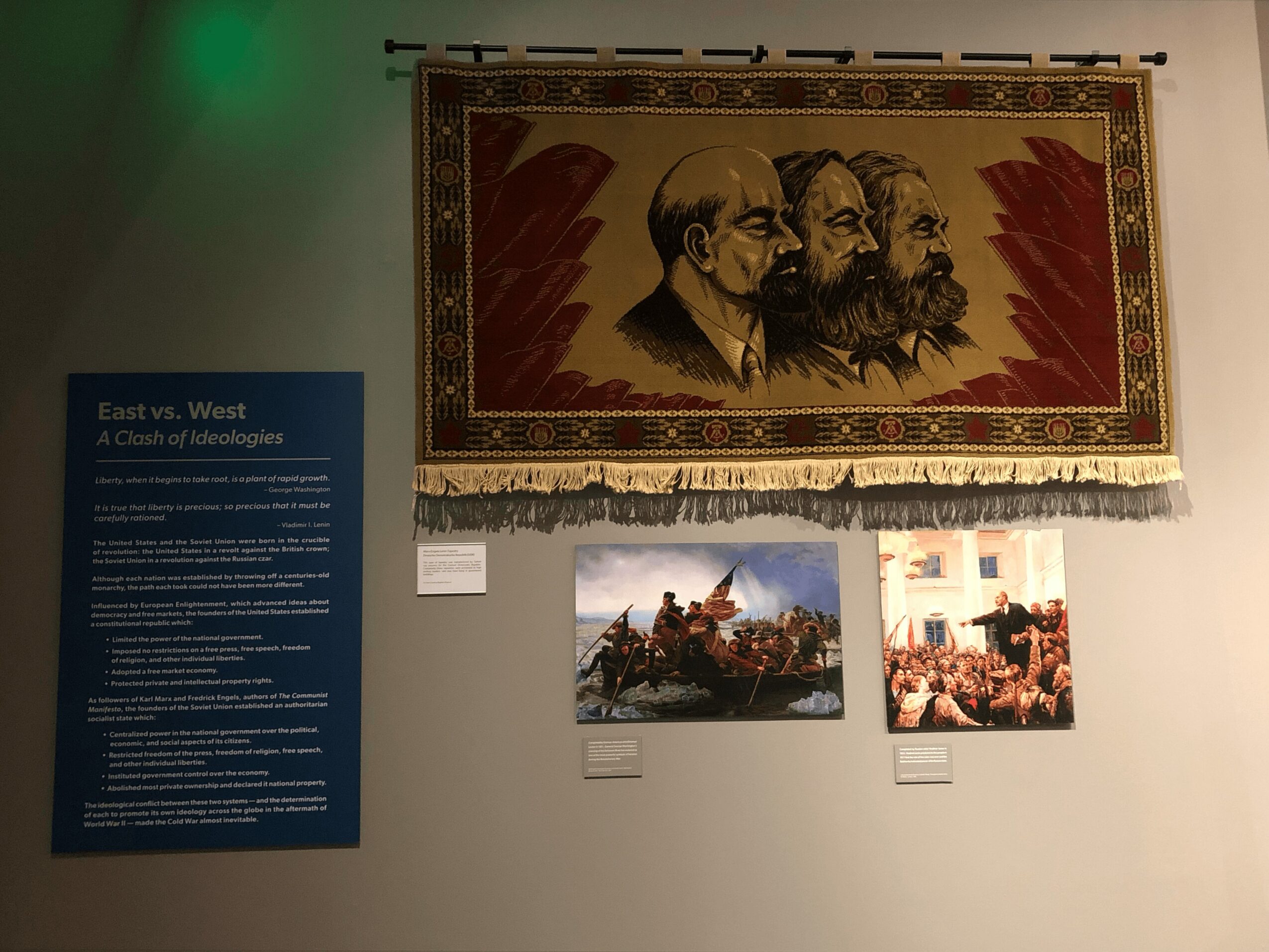
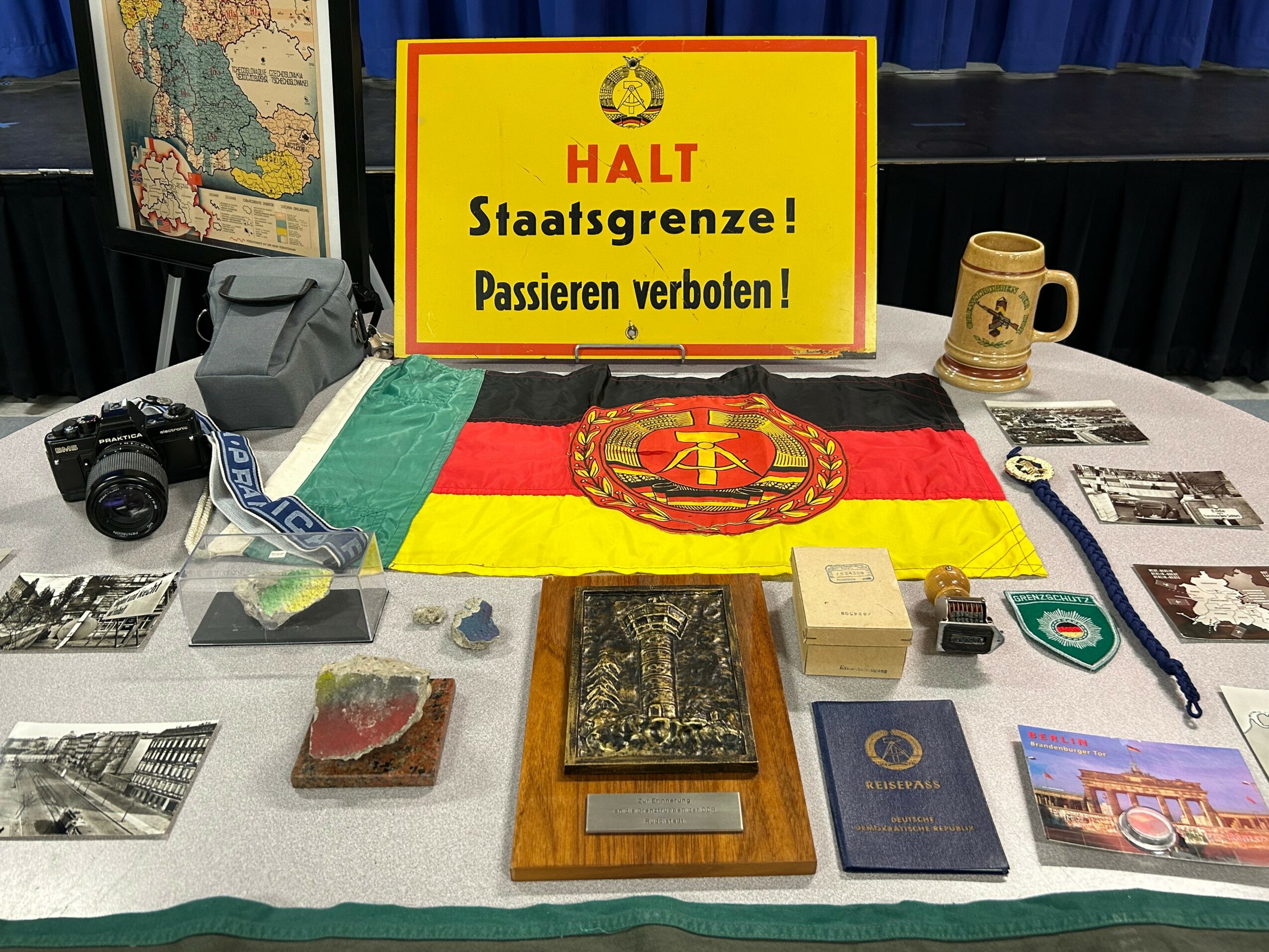
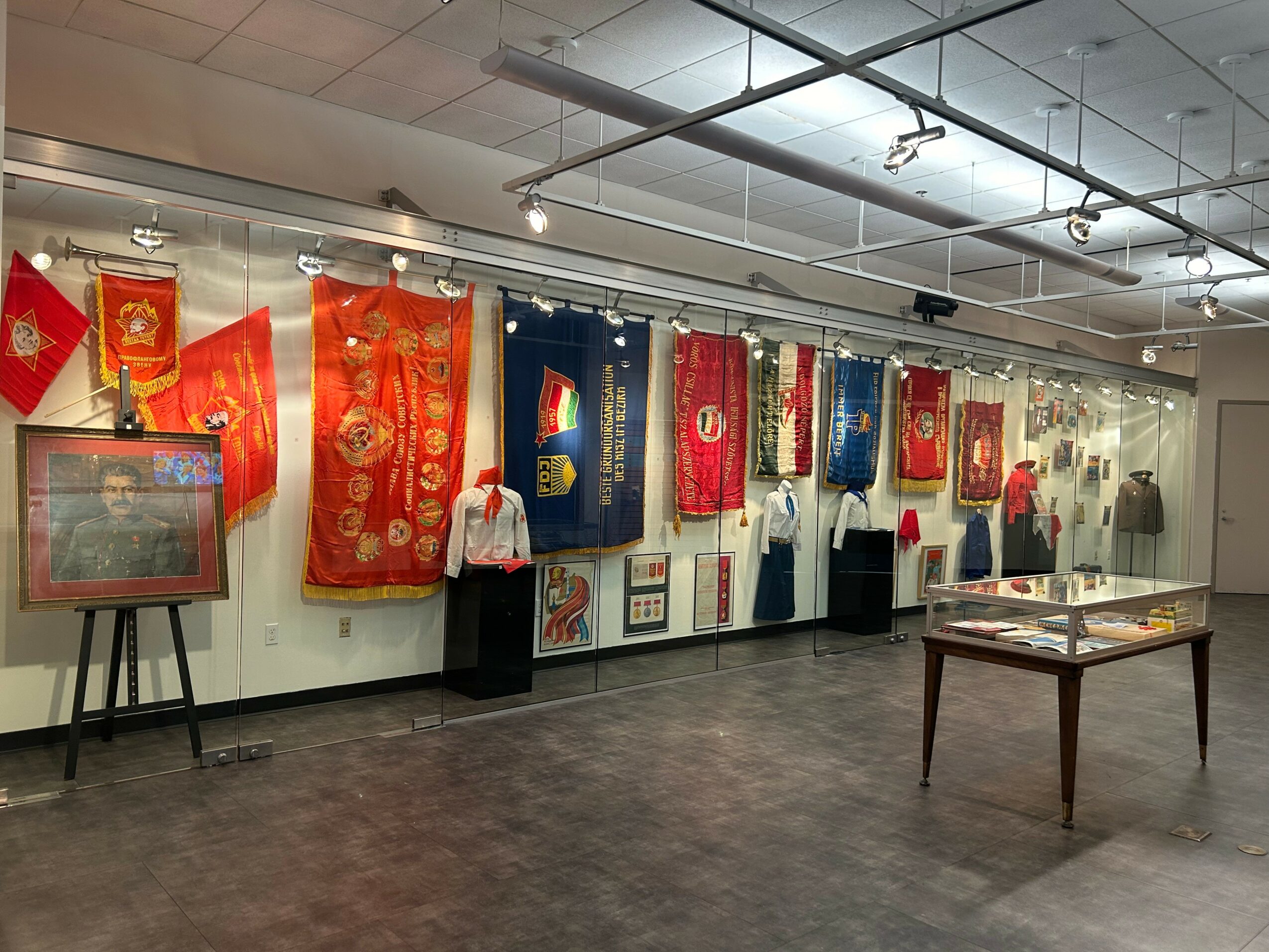
Image Credits
Heather Moore














